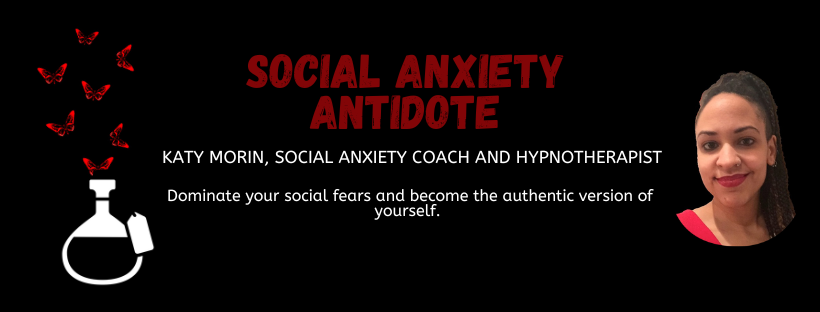As far as I can remember, I've always been afraid. Afraid of looking stupid, afraid of people judging me, afraid of being laughed at.
Fear was part of my everyday life. Each day: apprehension, avoidance, pain.
Anxiety about what I said. Afraid of saying something wrong. Worry about what others might think of me. Fear of rejection, of not fitting in. Anxious to take part in a conversation, fear of not knowing what to say, how to act.
Having anxiety and depression is like being scared and tired at the same time. It’s the fear of failure, associated with the lack of desire for productivity. It’s like wanting friends but hating talking to strangers. It’s feeling everything at the same time, but being paralyzed. The only thing more exhausting than being depressed was to pretend that I wasn’t depressed.
On several occasions, I wanted to give up. I did not see how I could move forward.
For years, I let fear destroy my dreams and kill my ambitions. I was focused on the past and worried about the future. Fear is always part of my life, every day, but instead of running away and seeing my fear grow, I choose to face my fears and little by little my fears decrease.
What I hope for you is that you don't let your fear paralyze you and keep you from doing what you really want to do.
Let me share with you a few of my tips to handle the fears that are holding you back:
1. Realize that fear is uncomfortable, but it isn’t a good reason to avoid doing something. Fear is helpful if you’re considering doing something physically dangerous. But at the end of the day, fear is simply a feeling.
○ There’s no reason to let fear guide every decision you make.
2. Think about the fearful activity and simply breathe. Your body is unable to maintain a fear reaction in the long term. There’s a psychological technique called “flooding.” In flooding, a person is exposed to their fear without being allowed any reprieve.
○ Think about the activity that makes you uncomfortable and focus on taking long, deep breaths. Notice how you start to feel better.
3. Make a list of the ways that fear is holding you back. If some part of your life is in complete turmoil, it’s likely that you made poor decisions in the past.
○ How did fear affect your decision-making abilities at that time?
4. Remember the times you were fearful and still made a good choice. You’ve likely had times where you felt fear but managed to take the appropriate course of action anyway.
○ Remind yourself of those times and remember how strong you can be.
5. Practice dealing with discomfort. Take a situation that you find mildly uncomfortable. Perhaps it’s eating peas or talking to an attractive member of the opposite sex. Force yourself to deal with small doses of the discomfort, and increase the level of exposure over time.
○ Although it’s challenging to give up the habit of avoidance, you’ll be surprised at how much you can tolerate.
6. Realize that discomfort and fear are frequently good things. If you’re not doing anything that makes you uncomfortable, your life is likely to stay the same. It’s only when you push your comfort level that new things can begin to happen.
Fear is the most common cause of challenges in life. Learn to work through fear and gain the ability to make positive choices. You’ll boost your self-esteem and enjoy a happier life. Learn to embrace discomfort as a positive sign that your life is about to change for the better. Get started today!
Become more adept at dealing with discomfort in your daily life. This can be a little challenging because we’re programmed to seek out comfort. We’re so quick to respond to any form of discomfort, our ability to withstand it is compromised. Rebuild that ability in yourself.
Here are a few ideas to stimulate your thinking:
● When you have the urge to get something to eat, make yourself wait another 30 minutes.
● When you feel like quitting an unenjoyable task, persist for another 15 minutes.
● Have challenging conversations instead of avoiding them.
● Refuse to engage in your most common avoidance/distraction techniques – cell phone, internet, TV, and so on.
If you would like to know more about the techniques I used to face my fears, join us on my community: Social Anxiety Antidote. You can also access my free course, First Steps to Freedom: Starting Your Social Anxiety Recovery
This free course has been specially designed to provide you with various free resources to help you understand, manage and overcome social anxiety.

